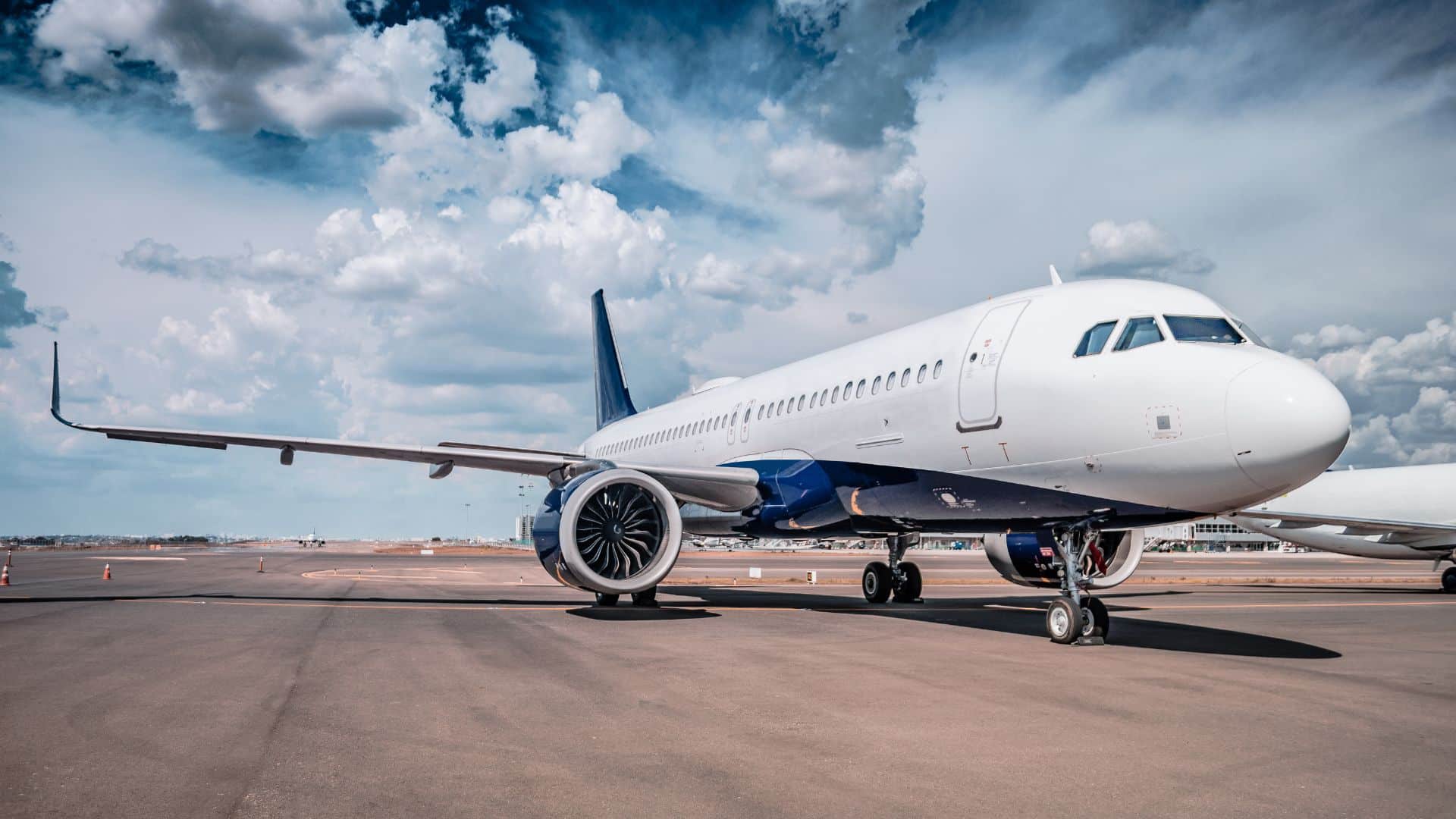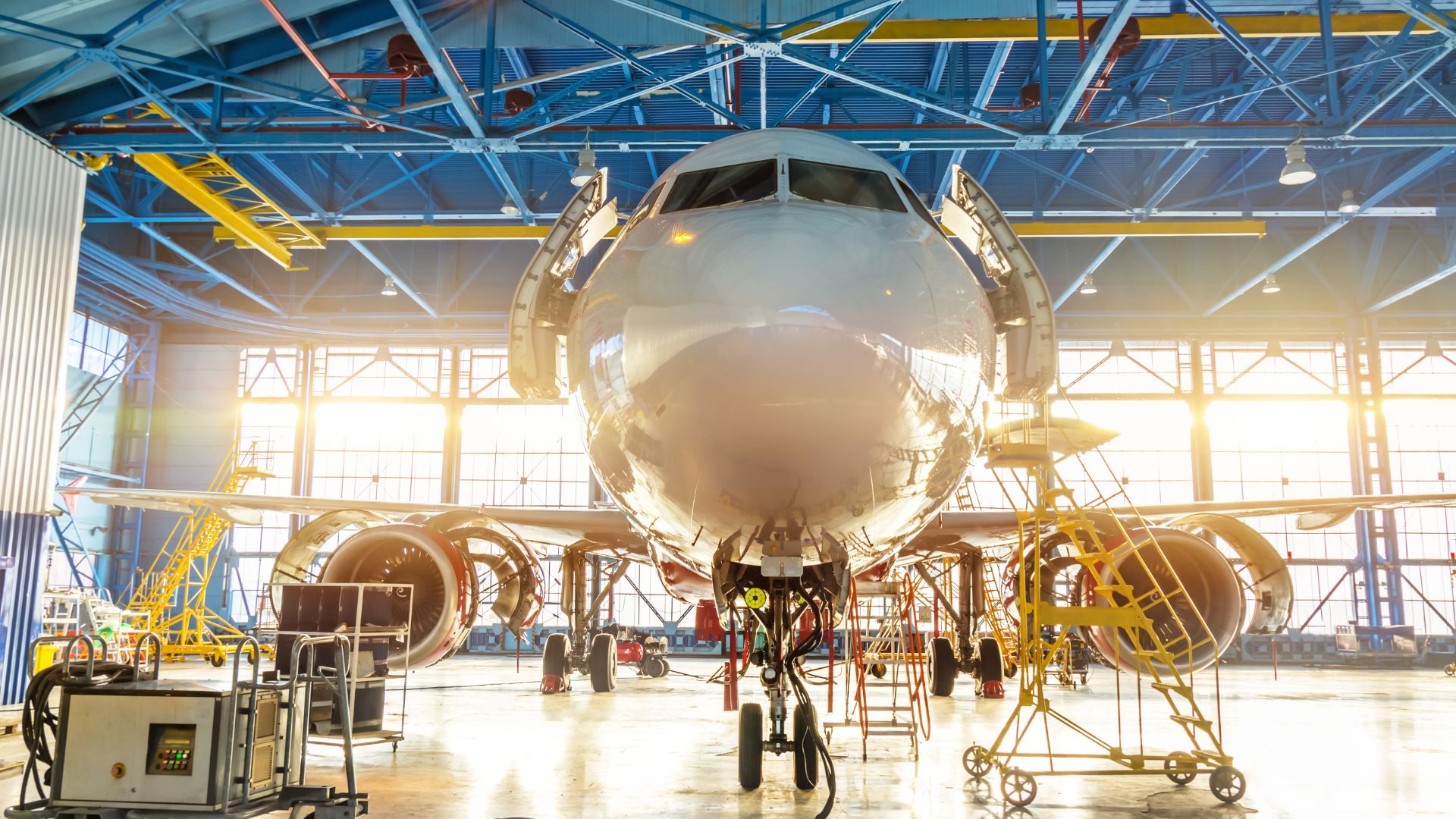In aviation maintenance, I see ERP as essential for modeling processes and managing business data, especially with the complex asset structures and strict compliance standards in airplane maintenance.
I also face the reality that aviation operations demand very high service levels and run round-the-clock. Strict airplane maintenance regulations and frequent audits from aviation authorities or clients make the process even more challenging. That’s why I see ERP software as a crucial tool in the aviation industry.
I rely on HashMicro’s ERP System to help my company manage processes more effectively. Continue reading this article and check out HashMicro’s ERP pricing scheme, or book a free demo today to experience how it can transform aviation operations.

Key Takeaways
|
ERP Role in Aviation Business

In my aviation business, enterprise resource planning helps me manage daily tasks such as finance, maintenance operations, sales, purchasing, and human resources, including keeping detailed records of aircraft maintenance.
I know that the safety of operating an aircraft, its reliability, availability within budget, and compliance with regulations all depend heavily on aviation maintenance ERP platforms.
That’s why, even with the rise of technologies like big data, AI, and IoT, I consider ERP for aviation a critical tool for better decision-making. By using ERP, I gain full control, visibility, and accurate data collection that improve overall business performance.
Integrated ERP for the Aviation Industry
For my aviation business, keeping aircraft in good working order and on schedule is essential to deliver the right level of customer experience. That’s why I rely heavily on ensuring the right part is always available at the right time.
With ERP, I can integrate various maintenance management functions seamlessly. I realize that without effective master data management, it’s difficult to fully benefit from big data and machine learning, especially if a single ERP system doesn’t cover the entire functional landscape.
For me, integrating inventory management with resource planning and maintenance execution is no longer optional. It’s a requirement.
The most effective ERP and maintenance solutions I use must be highly customizable, including the ability to link with my existing inventory management system as part of my aviation organization’s long-term IT strategy.
ERP Main Features for the Aviation Industry
Before I choose an ERP system, I always start by understanding what my company truly needs, so I can make sure the system I pick actually meets those requirements. Here are the features I consider essential in an ERP for aviation:
1. Reporting & analytics
I rely on reporting and analytics to get real-time reports, perform quick searches, track key performance indicators (KPIs), and view dashboards. These insights help me take meaningful steps toward smarter decision-making and future planning.
2. Accounting & financials
For me, accounting is the backbone of every operation. With an aviation-specific ERP, I can manage finance and accounting processes with high compliance, improve performance, ensure accuracy, and reduce back-office costs significantly.
3. Fixed asset management
Managing fixed assets is critical, and ERP helps me track both owned and leased assets, along with depreciation costs and amortization schedules. With integrated accounting and comprehensive asset reporting, I can handle this seamlessly.
4. Resource management
I use ERP to manage crew rostering, scheduling, and assignments. It gives me better control over duty times and helps streamline HR processes like crew compensation, bonuses, expenses, training, paperwork, and leave management—all in one place.
5. Inventory & fleet management
Inventory management matters to me because aviation involves massive costs. ERP allows me to monitor when parts are received, stored, used, or when aircraft are out for maintenance.
This coordination improves decision-making in real time. Fleet management also helps me maintain detailed databases of aircraft, covering technical info, maintenance schedules, MELs, and resource tracking.
Choosing The Right ERP for Your Business
Choosing the right ERP for my aviation business is never easy. I’m not just looking for a system, I’m searching for a tool that can truly integrate my core business functions. Here are the steps I take to make the best decision:
- Create an ERP research team
I start by forming an ERP research team that helps me identify the company’s greatest needs and avoid missing any important considerations. This team includes people from every department so I can gather insights from different perspectives. - Determine my company’s ERP needs
With my team, I assess the top requirements for an ERP system. As we brainstorm, I try to strike a balance between solving today’s problems and preparing for the organization’s future needs. - Evaluate ERP providers
Since narrowing down ERP providers can feel overwhelming, I focus on factors like industry experience, customization options, flexibility, and reporting capabilities to filter my choices. - Evaluate ERP vendors
After I’ve shortlisted providers, I make sure to choose a vendor that offers not just effective implementation but also continuous support to keep the system running smoothly. - Interact with the vendor’s clients
Instead of relying only on polished testimonials, I prefer speaking directly with a vendor’s clients. This helps me understand their long-term experience with support, training, and overall partnership with the vendor.
Conclusion
As I’ve learned, having an ERP for aviation is absolutely crucial. My company goes through many constant processes, and managing them efficiently is only possible with the help of an ERP system. With its integrated features, ERP supports me in handling reporting, analysis, accounting, inventory, and many other essential activities.
I also realize that while every ERP system offers different functions, not all of them are suited to my company’s specific needs and standards. That’s why I have to carefully choose the ERP system that fits best.
For my business, I rely on HashMicro ERP for aviation. I can fully customize the HashMicro ERP System to match my company’s unique requirements, making daily operations far more efficient. I encourage you to explore HashMicro’s ERP pricing scheme or request a free demo today to see how it can transform your aviation business.

FAQ About ERP for Aviation
-
What is ERP for aviation and why is it important?
Aviation ERP is an integrated system that helps airlines, MROs (Maintenance, Repair, and Overhaul), and aerospace companies manage operations like maintenance scheduling, inventory, finance, and compliance. It ensures higher efficiency, reduces downtime, and supports strict aviation regulations.
-
How does ERP for aviation improve maintenance operations?
ERP systems centralize aircraft maintenance schedules, track spare parts availability, and automate compliance reporting. This reduces delays caused by unplanned repairs, ensures safety checks are completed on time, and optimizes resource usage for ground crews and engineers.
-
What features should I look for in ERP for aviation?
Key features include real-time fleet tracking, predictive maintenance tools, supply chain and parts inventory management, financial integration, and regulatory compliance reporting. Choosing ERP tailored to aviation ensures better decision-making and seamless operations across departments.
































